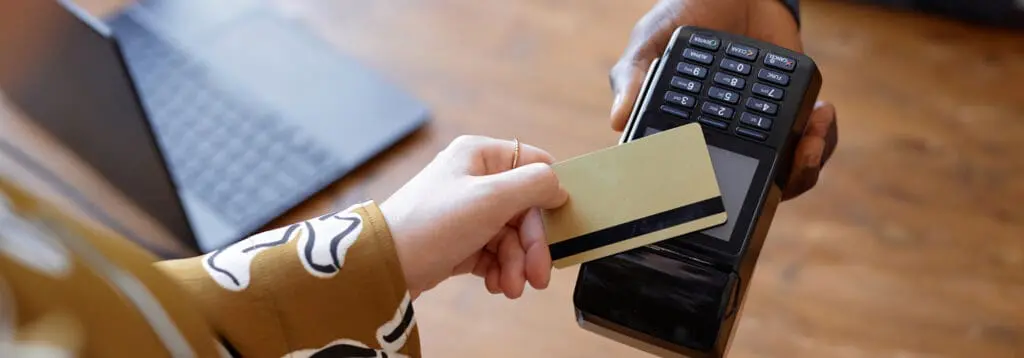There are infinite and convenient ways to spend money and make payments in the 21st century. With cash, credit cards, debit cards and ATM cards, making a purchase is fast and easy. Since most people carry both credit and debit cards in their wallet, it is important to understand the pros and cons of both. It is a personal decision on which option to choose because it will be based on an individual’s particular financial situation.
Advantages of a Debit Card
- Accessible: Anyone can have a debit card, you just need a to have a checking account that includes one.
- Low or no fees: Most debit cards have low or no fees.
- Avoid overspending: Debit cards can help protect you from going into debt because you are limited to spending the amount of money you have in your checking account.
- Safety: You will not get robbed of your cash if you are carrying only a debit card.
- Protection against unauthorized charges: If a card is lost, stolen or fraudulently used, Visa and MasterCard’s zero liability policy guarantees you will not be held responsible for unauthorized charges made with your card information.
- Universally accepted: Can be used practically anywhere worldwide.
Advantages of a Credit Card
- Build credit: Controlled use of a credit card can help you establish credit for the first time or rebuild credit if you had problems in the past—as long as you stay within your means and pay your bills on time.
- Earn rewards: Many credit cards offer various perks, such as cash back, free airline miles or discounts and merchandise.
- Track your expenses: Credit card statements can assist in record-keeping. Some cards even provide year-end summaries that are useful at tax time.
- Additional protections: Many credit cards, such as the Hawaii State FCU Visa card, offer additional protection for extended warranty, travel benefits, roadside assistance and return protection.
- Protection against unauthorized charges: If a card is lost, stolen or fraudulently used, Visa and MasterCard’s zero liability policy guarantees that you won’t be held responsible for unauthorized charges made with your card account information.
- Universally accepted: Can be used practically anywhere worldwide.
Disadvantages of a Debit Card
- No rewards: Debit cards normally do not offer rewards programs.
- Fees: Using a debit card for ATM transactions may be costly if the ATM does not belong to your financial institution.
- In the event of a disputed debit card transaction on your account, the financial institution has 10 business days to research the dispute before providing you with a credit. Your account balance is affected from the moment the fraudulent transaction takes place. Fraudulent charges can tie up funds so that legitimate charges are declined or cause overdrafts.
- No grace period: Unlike with a credit card, funds are withdrawn immediately from your checking account.
- Can’t build credit: With a debit card, you do not impact your credit score at all, which means that you cannot build it up.
Disadvantages of a Credit Card
- Risk of going into debt: They may encourage people to spend money they do not have.
- Not accepted by all merchants: You may not be able to use credit cards at smaller stores. Merchants can set up a minimum transaction amount up to $10.
- Must pay on time: Purchases can become more expensive if you carry a balance or miss a payment. Interest and penalty fees can be high on some credit cards.
- Potential for high fees: Credit cards can carry large fees: annual fees, balance transfer fees, cash-advance fees, foreign transaction fees, late payment fees and over-the-limit fees.
Choose the best method that helps you manage your money. It pays to research in order to get the best interest rate and terms on your debit and credit cards. Learn more about the great features and benefits exclusive to Hawaii State FCU members that come with our both our debit cards and credit cards.



